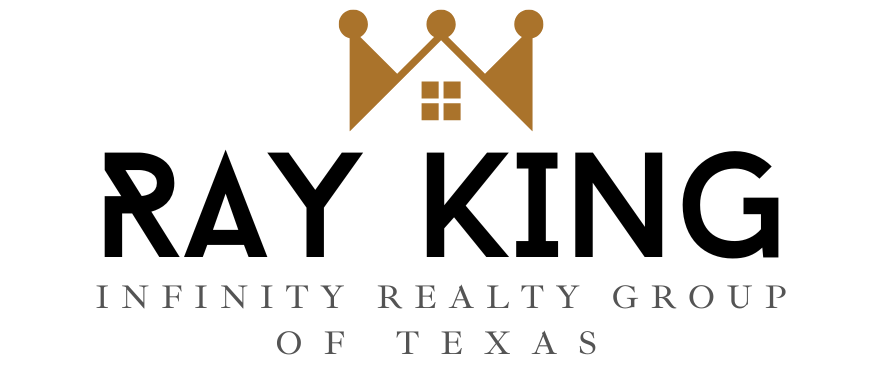Your Comprehensive Guide to Homeownership: Essential Things Every Homeowner Should Know
Becoming a homeowner is a significant milestone that comes with its own set of responsibilities and opportunities. Whether you're a first-time buyer or a seasoned homeowner, there are essential things you need to know to ensure a successful and fulfilling homeownership experience. In this comprehensive guide, we'll cover everything you need to know to navigate the ins and outs of owning a home.
1. Home Maintenance: Keeping Your Home in Tip-Top Shape
Regular maintenance is key to preserving the value and functionality of your home. From addressing minor repairs to servicing major systems like HVAC and plumbing, staying on top of maintenance tasks will save you time and money in the long run.
2. Budgeting: Managing Your Finances Wisely
Owning a home comes with various expenses, including mortgage payments, property taxes, insurance premiums, and maintenance costs. Budgeting effectively will help you manage your finances and ensure that you can afford to maintain and enjoy your home for years to come.
3. Insurance Coverage: Protecting Your Investment
Homeowner's insurance provides financial protection against unexpected events such as fire, theft, or natural disasters. Make sure you have adequate coverage to safeguard your home and belongings, and review your policy regularly to ensure it meets your needs.
4. Legal Responsibilities: Understanding Your Rights and Obligations
As a homeowner, it's essential to understand your legal rights and responsibilities. Familiarize yourself with local zoning laws, homeowner association (HOA) regulations, and property deed restrictions to avoid potential disputes and ensure compliance with relevant regulations.
5. Home Equity: Building Wealth Through Homeownership
Home equity is the difference between your home's market value and the outstanding balance on your mortgage. Building equity over time can provide financial security and flexibility, allowing you to tap into your home's value for future needs such as renovations, education expenses, or retirement.
6. Neighborhood Dynamics: Staying Informed About Your Community
Stay informed about changes in your neighborhood that may impact property values or quality of life, such as new developments, zoning changes, or infrastructure projects. Active participation in your community will help you stay connected and make informed decisions about your home and surroundings.
7. Disaster Preparedness: Planning for the Unexpected
Prepare for natural disasters and emergencies by having a comprehensive plan in place. This includes identifying evacuation routes, assembling emergency supplies, and ensuring that you have adequate insurance coverage to protect your home and family in the event of a disaster.
8. Homeowner's Association (HOA): Navigating Community Rules and Regulations
If you live in a community with an HOA, familiarize yourself with the rules, fees, and responsibilities associated with membership. Active participation in HOA meetings and decision-making processes will ensure that your voice is heard and that you contribute to the well-being of your community.
9. Financial Planning: Integrating Homeownership Goals Into Your Overall Financial Plan
Incorporate homeownership goals into your overall financial plan, including saving for home upgrades, retirement, and other long-term objectives. This will help you prioritize your spending and make informed decisions about your financial future.
Conclusion
Owning a home is a rewarding experience that offers stability, security, and a sense of pride. By understanding the essential aspects of homeownership and taking proactive steps to manage your home and finances, you can enjoy the benefits of homeownership while navigating the challenges that may arise along the way. Remember to stay informed, engaged, and proactive in caring for your home and community, and you'll be well on your way to a successful and fulfilling homeownership journey.
